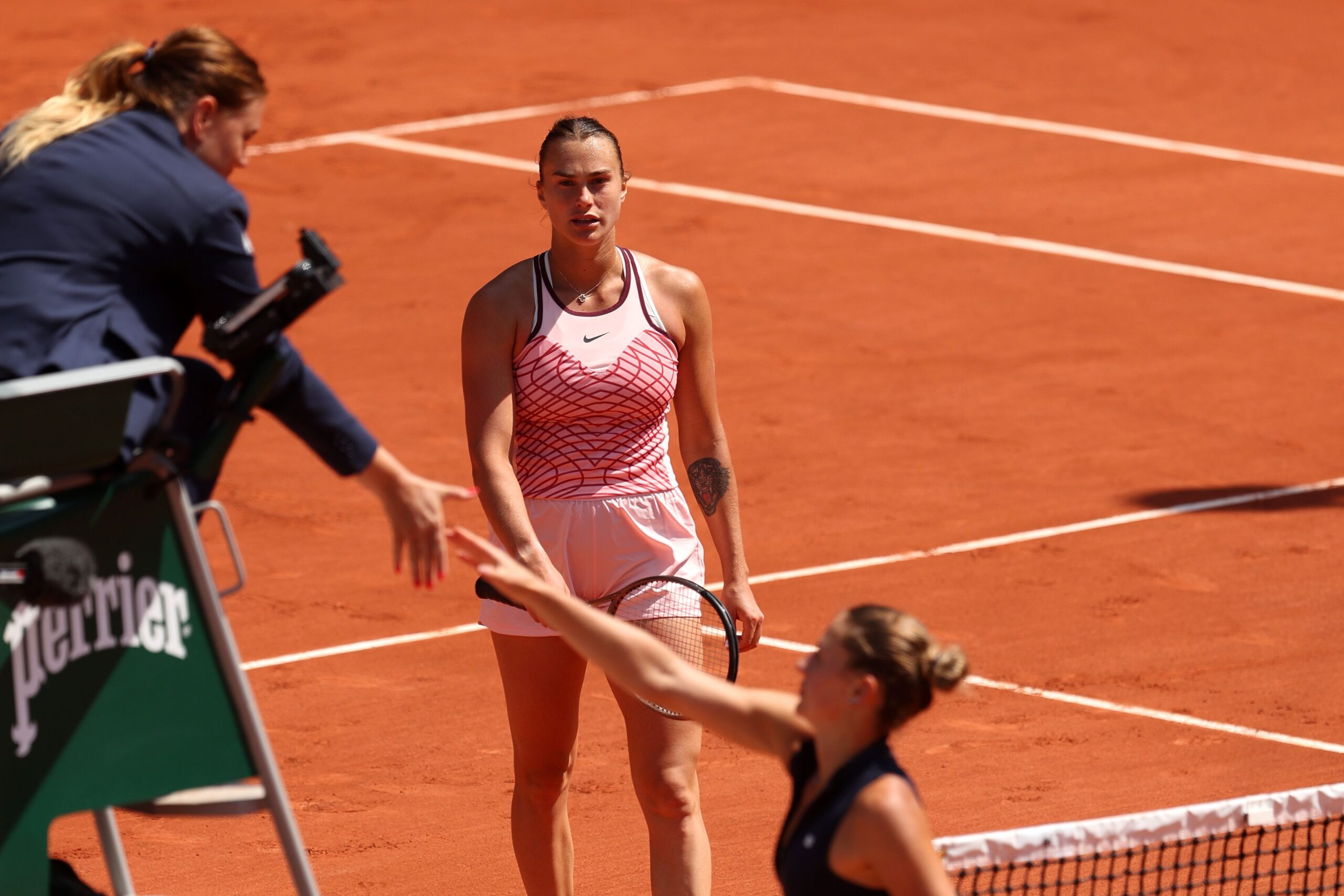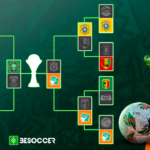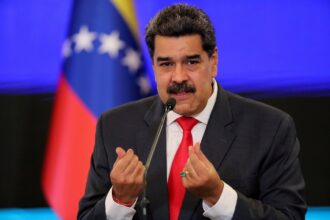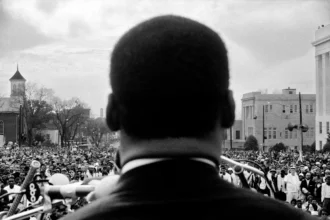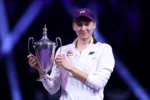By Ernest Osogbue.
The recent lifting of the ban on Russian and Belarusian tennis players by the Lawn Tennis Association LTA, and Wimbledon, has elicited different reactions from different people. For some, the ban should never have been in place, while for others, it is being lifted too soon, with Russian troops still rampaging in Ukraine.
With almost the entire Europe condemning the Russian invasion in 2022, it was believed by the LTA, that if a Russian were to win Wimbledon, Vladimir Putin could use it as propaganda, hence the decision to exclude players from Russia and its ally Belarus from competing at Wimbledon in 2022.
One year down the line from that decision, the LTA and Wimbledon have had a change of heart. It must be noted that other tennis competitions did not quite agree with the LTA and Wimbledon, as Russian and Belarusian players were mostly allowed to play; albeit, as neutrals.
An incident in Turkey in March 2022 a few weeks into the invasion is worthy of mention here. It was reported that Evgeniy Zukin, who is currently the Executive Director of the Ukrainian Tennis Federation, physically attacked Thomas Hammerl the Chief Executive Officer of Tennis Europe, at a meeting of the body in Antalya.
According to Zukin who admitted the offence, and later apologized; he was disappointed with the amount of support his country had received from the European tennis body in the immediate aftermath of the Russian invasion. This prompted him to take such an extreme measure. The Turkish police were invited, but after Zukin apologized the matter was resolved amicably.
The above incident underscores how the ongoing invasion of Ukraine has set nerves jangling not only in politics, but in sports. It has emerged that tennis locker rooms across the world have received a share of the tension, with Russian and Belarusian players being treated as pariahs. Africa’s number one tennis player Ons Jabeur of Tunisia made allusions to this while showing support to Aryna Sabalenka, a Belarusian, not too long ago.
Sabalenka herself has mentioned the hate she feels from Ukrainian players and their supporters; she maintains however, that she has done nothing to deserve such treatment. Her assertions were buttressed when Lesia Tsurenko, a Ukrainian, forfeited their match at Indian Wells citing a panic attack in March this year.
The WTA recently issued a warning to Anastasia Potapova for wearing a Spartak Moscow football club jersey, citing the action as provocative. Similarly, Potapova was also involved in another spat, when Marta Kostyuk, another Ukrainian, refused to offer the customary handshake at the net, after losing 6-1, 6-1 to the Russian at the Miami Open.
To further compound an already complex situation, some tennis players from other countries have weighed in on the matter. World number player Iga Swiatek of Poland has come out in support of the Ukrainians, same as former Wimbledon champion Petra Kvitova of Czech Republic. These incidents are evidence of tension between tennis players, with most of the Ukrainian players, and officials demanding for an outright banning of Russian and Belarusian players from the entire circuit.
The question that has been gnawing at the bowels of international sporting bodies is; how much responsibility should an athlete in an individual sport bear for the decisions of the political leaders of his/her country?
From all indications, the LTA and Wimbledon believed last year that the athlete, in this case, tennis players, should bear some responsibility. But after one year, it has sadly been realized that banning Russian and Belarusian players has had zero impact on activities at the war front.
To complicate the situation further, there are Ukrainian citizens actively supporting the war against their country, and working to make Russia succeed. People like Maxim Fomin aka Vladlen Tatarsky who was recently killed in St. Petersburg. On the other hand, there are Russians criticizing the war, like Vladimir Kara-Murza who was recently jailed by his country. This shows that the situation is very fluid, with no clear cut criteria of knowing which Russian, Belarusian or Ukrainian supports or is against the war. How then can the argument that some Russian and Belarusian tennis players support the invasion of Ukraine be sustained?
Another question that becomes relevant is whether the decisions of political leaders of a country determine whether the peoples of those countries are friends or enemies. This becomes relevant, when we remember that as president of the USA, Donald Trump was intent on building a wall at the Mexican border to check illegal migration. Since becoming president however, Joe Biden has said nothing about the wall, and Americans have not complained.
Several instances of hostility between nations suddenly coming to an end due to a change in leadership, prove that conflicts between nations are mostly due to the ego of politicians, and not because the peoples hate one another. For instance, despite the perennial hostility between Israel and Palestine, there are reported intermarriages between Israelis and Palestinians. This shows that ordinary citizens of a country should not be held responsible for the reckless decisions of their leaders
Ukrainian tennis authorities and players must come to this realization. Most of them have called for the banning of Russian and Belarusian players, and have sometimes gone the extra mile to be hostile to them. This is despite the actions of Russian players like Andrey Rublev, Daniil Medvedev, and Daria Kasatkina who have taken time to call for peace, despite the prospects of repercussions from an oppressive regime back home.
It is on this basis that we must commend the LTA and Wimbledon for allowing reason to prevail. While we all sympathize with Ukraine and Ukrainians over the destruction, and loss of innocent lives in their country, tennis players must understand that retaliatory actions against players from Russia and Belarus, and hostility towards them, may yield momentary emotional satisfaction, but at the end of the day, will make no impact on the destruction of lives and property at the war front.
It is pertinent therefore, to call on the WTA, and the ATP, as well as the various tournaments, to provide counseling, and opportunities for interaction between players from these countries. This must be done in an atmosphere of mutual respect devoid of hostility. The players must be made to understand that politicians are responsible for wars, and not tennis players. A resolution must also be made, to never allow politics to put a wedge between sportsmen and women, irrespective of nationality.

